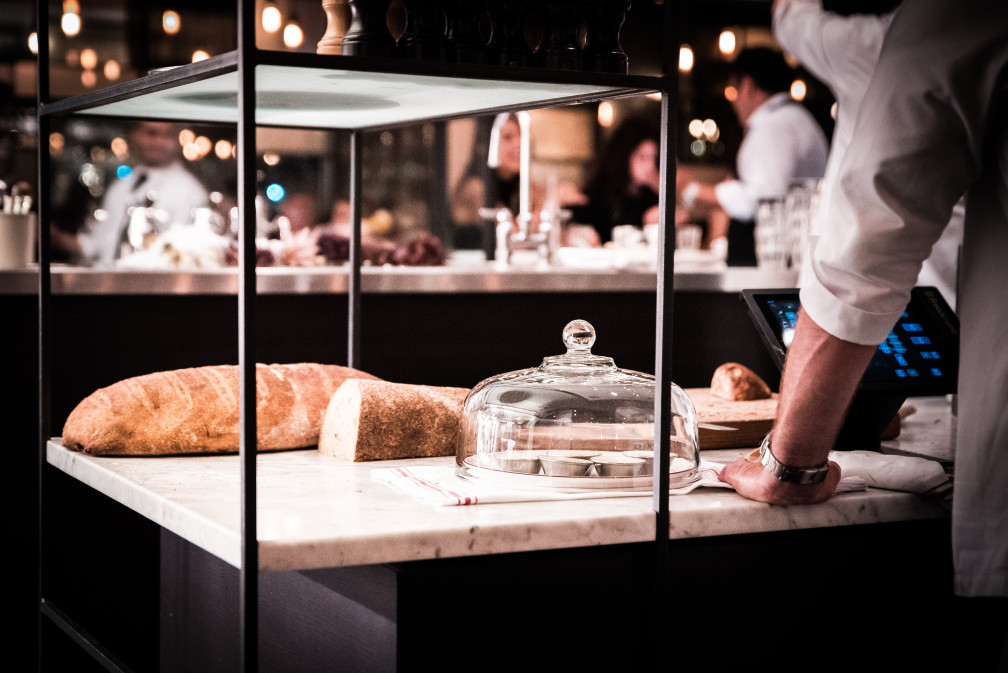
Last Tuesday, Pope Francis turned heads by denouncing capitalism in his first apostolic exhortation, “Evangelii Gaudium” (starting on page 45):
[S]ome people continue to defend trickle-down theories which assume that economic growth, encouraged by a free market, will inevitably succeed in bringing about greater justice and inclusiveness in the world. This opinion, which has never been confirmed by the facts, expresses a crude and naïve trust in the goodness of those wielding economic power and in the sacralized workings of the prevailing economic system. Meanwhile, the excluded are still waiting. […] The culture of prosperity deadens us; we are thrilled if the market offers us something new to purchase. In the meantime all those lives stunted for lack of opportunity seem a mere spectacle; they fail to move us. […]
[These proponents of capitalism] reject the right of states, charged with vigilance for the common good, to exercise any form of control. A new tyranny is thus born. […] In this system, which tends to devour everything which stands in the way of increased profits, whatever is fragile, like the environment, is defenseless before the interests of a deified market, which become the only rule. […]
Behind this attitude lurks a rejection of ethics and a rejection of God.
Out of respect for the man—his many beautiful acts have been inspiring—and his office, those of us who fall into the “some people” category, must thoughtfully consider the Pope’s legitimate concerns (several already have, including Ross Douthat, Jim Pethokoukis, Jay Richards and Rev. Robert Sirico).
That being said, my primary reaction to Pope Francis’ apparent rejection of capitalism is that his rationale is based on a “straw man” argument. Certainly, there are people who “deify” the market, “reject ethics and God” and idolize money. Indeed, such a brand of capitalism can be deadening and lead to the exclusion of many. But these advocates—the corrupt, the cronies, the anarchists, the pillagers—are the exception, rather than the rule.
As Rev. Robert Sirico points out in a recent interview, Pope Francis is from Argentina where “free market capitalism” isn’t, in fact, all that free. The economic system in his home country is plagued by corruption and cronyism, which have greatly limited real economic freedom. Perhaps this is why he has such a cynical view of free markets?
[pullquote] If, like the Pope, we want to end poverty, let’s be sure not to decry its most effective enemy.[/pullquote]
I wonder what Francis would make of those of us who value the free market system, but do not deify it; who admit that unfettered capitalism can lead to corruption, injustice and inequality; who agree that the state has a role (though a limited one) in ensuring the rule of law and providing a safety net for the most vulnerable; who understand that virtue and values must accompany capitalism; who realize that money can be an idol and is only a means to a much higher end; who care deeply for the poor, seek to help them with their physical and spiritual needs, but think economic growth can help more than food stamps or foreign aid. As Christians and advocates of capitalism, these are the type of people we must be. And if all of these things were true of us, I can’t help but think Francis would approve.
Ultimately, the Pope is right to be intensely concerned about the poor—Jesus demands that we be. He is also right to be wary of the excesses of free markets. But he fails to give capitalism credit for the widespread prosperity that it has been responsible for.
A World Bank report found that from 1981 to 2010, the number of people living on less than $1.25 a day dropped by nearly 30 percent. How did this come about? Globalization, free trade, rule of law, technology, investment in infrastructure and economic freedom. In other words: democratic capitalism.
In case you haven’t seen the video, a toy company in Honduras is proving that “economic growth, encouraged by a free market,” can truly have a lasting and holistic impact on communities:
Capitalism is not all-sufficient; it must be tempered with virtue and the rule of law. And we have a responsibility to step in and take action when our society experiences its shortcomings. But, it is the best real-world economic system. Accompanied by a robust civil society (of families, churches and communities), its potential for human flourishing is immense.
If, like the Pope, we want to end poverty, let’s be sure not to decry its most effective enemy.



